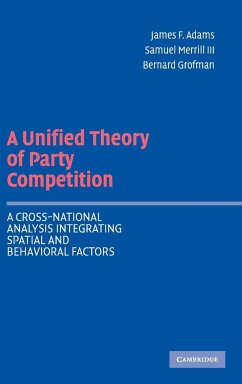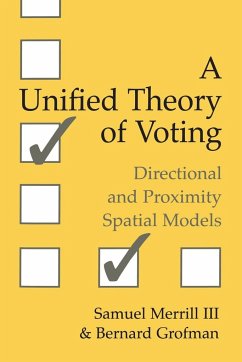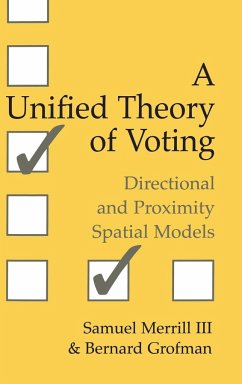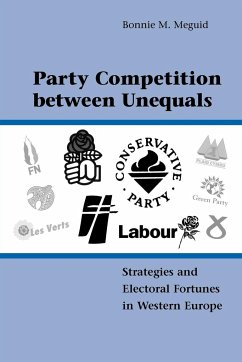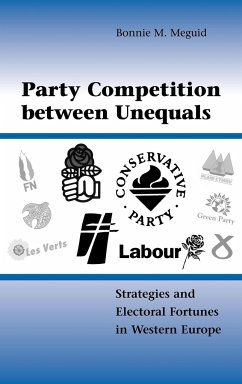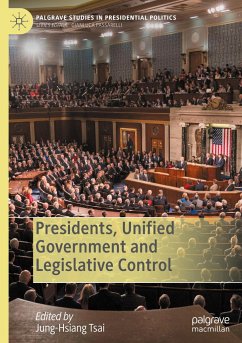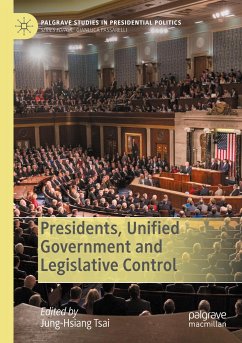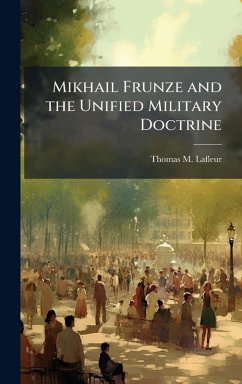
Unified Theory Party Competition
Versandkostenfrei!
Versandfertig in 1-2 Wochen
41,99 €
inkl. MwSt.

PAYBACK Punkte
21 °P sammeln!
The authors explain how parties and candidates position themselves on the Left-Right ideological dimension and other issue dimensions. Their unified theoretical approach to voter behavior and party strategies takes into account voter preferences, voter's partisan attachments, expected turnout, and the location of the political status quo. The approach, tested through extensive cross-national analysis, includes studies of the plurality-based two-party contests in the U.S. and multiple-party competition in France, Britain, and Norway.





